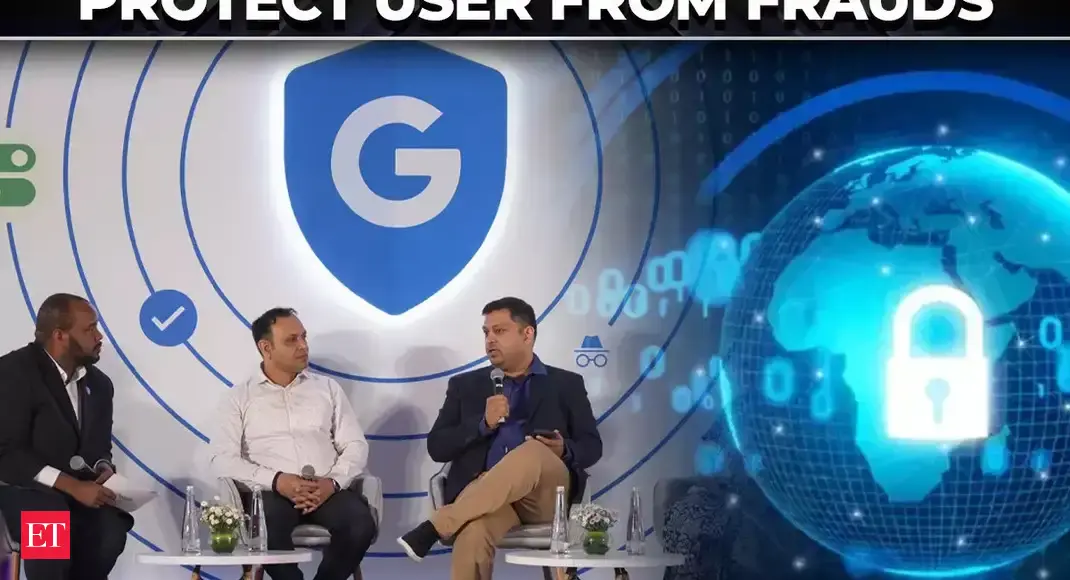

In a significant move to enhance online safety for Indian users, Google has launched its 'Safety Charter' during the 'Safer with Google India Summit' on Tuesday, June 17, 2025. This initiative aims to combat the rising threat of online fraud, strengthen cybersecurity for critical infrastructure, and ensure the responsible development of Artificial Intelligence (AI).
The Safety Charter is structured around three key pillars. The first is focused on protecting internet users from scams and fraud. The second aims to strengthen cybersecurity for governments and businesses. The third key area involves building responsible AI systems that protect people.
Google's 'Digikavach' program, a key component of the Safety Charter, has already made substantial progress by reaching over 177 million Indians through AI-powered tools and awareness campaigns designed to combat financial scams. The company is integrating AI tools across its services to detect, prevent, and remove security threats in both consumer and enterprise products, collaborating with government initiatives to enhance cyber awareness and protection.
Google's systems are increasingly leveraging AI, with Google Search now identifying 20 times more scam websites than before. Scam attacks targeting customer service and government platforms have also seen a significant reduction, dropping by 80% and 70% respectively. Google Messages is also playing a crucial role, blocking over 500 million scam texts every month. For users of Google Pay, the platform has sent out over 41 million alerts to warn about potential fraud, preventing an estimated ₹13,000 crore in fraudulent transactions in 2024 alone.
The company's app safety system, Google Play Protect, has blocked nearly 6 crore risky app installs across 1.3 crore devices since its pilot launch in India in October 2024. Gmail is also contributing significantly by automatically stopping more than 99.9% of spam, phishing attempts, and malware.
In addition to protecting individual users, Google is working to strengthen cybersecurity on a larger scale. It has introduced a new AI-powered approach to detect threats early and share that information with other companies and government bodies. The tech giant is also expanding cybersecurity capacity by committing $20 million via Google.org to train 100,000 cybersecurity professionals in India.
Heather Adkins, VP of Engineering at Google Security, highlighted the transformative role of AI in cybersecurity, stating that AI is reversing the defender's dilemma. She noted that Google is using AI to discover vulnerabilities before attackers can exploit them, which she described as "game-changing.”
Google's commitment extends to ensuring that AI is developed and used responsibly. As digital privacy laws emerge around the world, including India's Digital Personal Data Protection Act, Google advocates for standardization and a principles-based approach to enable a seamless user experience across countries, while also factoring in local needs and innovation.
The Safety Charter is part of Google's broader strategy to address evolving digital threats, especially as malicious actors use emerging technologies to bypass traditional defenses. Initiatives under the Safety Charter will be executed through the Google Security Engineering Centre, which operates on a hub-and-spoke model across Delhi, Hyderabad, and Bengaluru. This localized approach helps Google better understand threat patterns and protect users effectively.